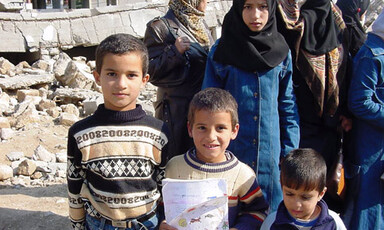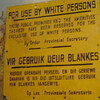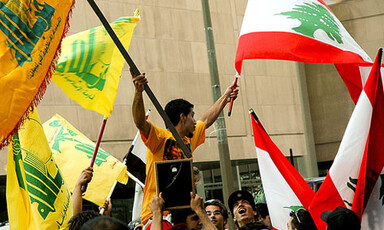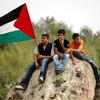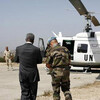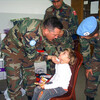
UNIFIL troop strength and humanitarian activities
15 January 2007
The number of peacekeepers serving in UNIFIL has risen to 11,570, comprised of soldiers from 27 countries, 9,660 ground troops and 1,758 naval personnel. In addition to its core mandated activities UNIFIL continues providing humanitarian assistance to the civilian population. Between 7 - 13 January, there were 213 instances where UNIFIL peacekeepers provided medical assistance, 34 instances where they provided dental care, and 12 occasions in which veterinary services were provided. Read more about UNIFIL troop strength and humanitarian activities

